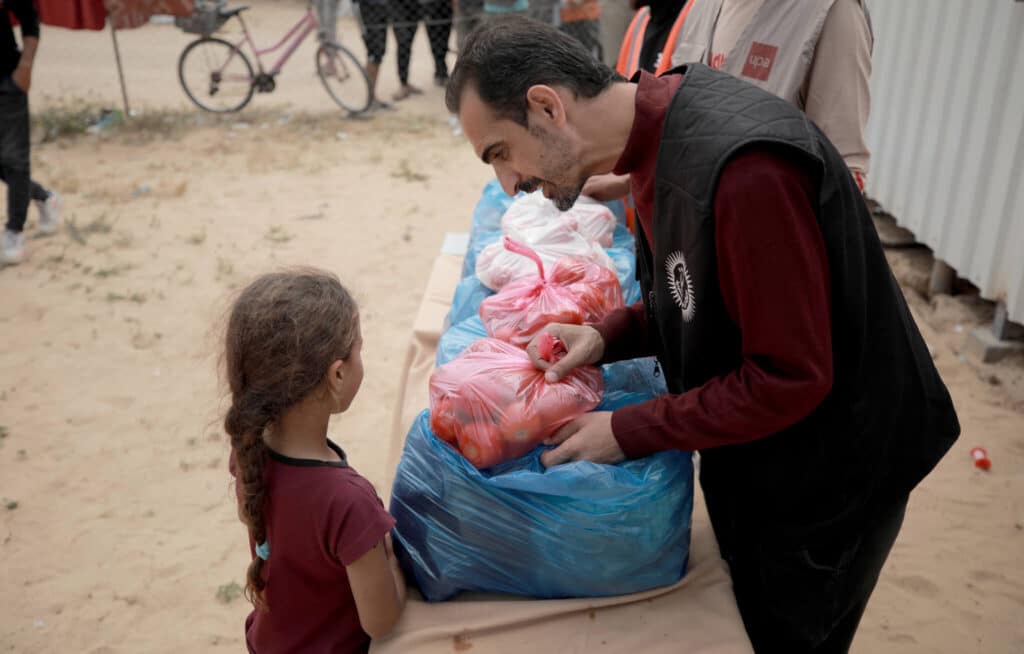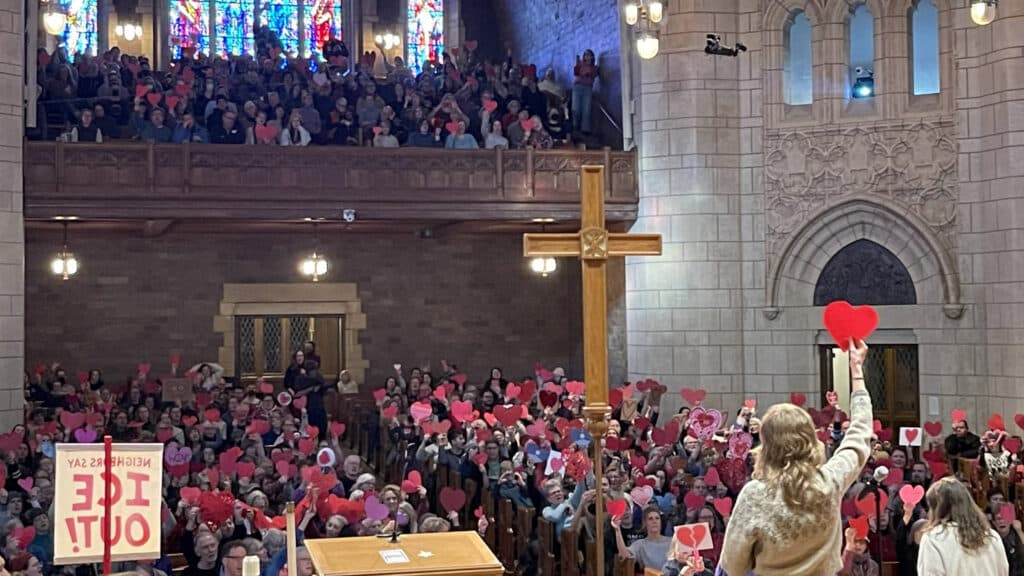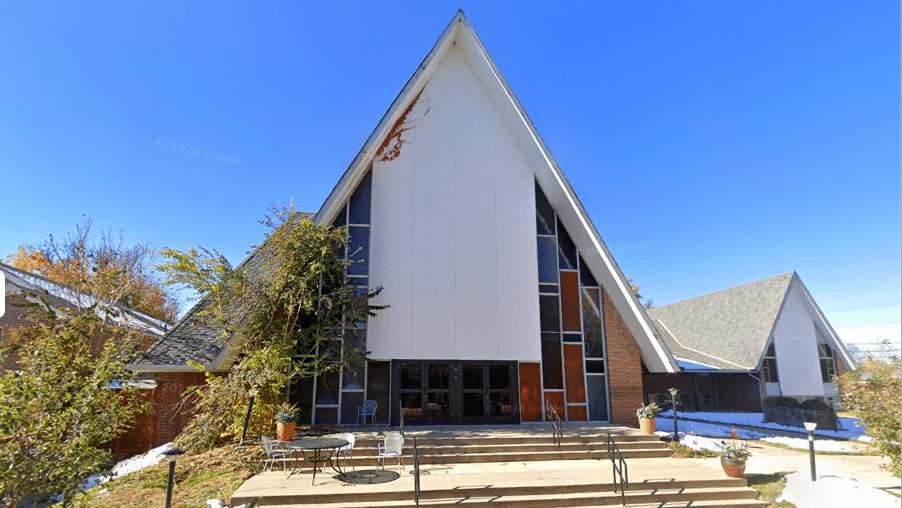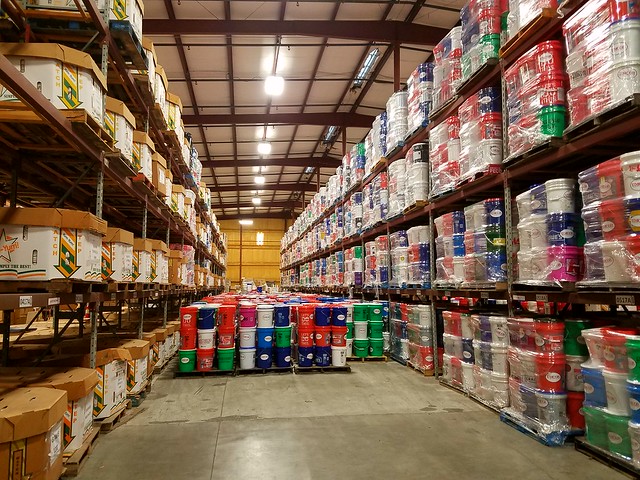The ceasefire in Gaza announced by the Israeli Government on Jan. 17 has brought a pause in fighting and a measure of relief for a population that has endured constant terror in the face of daily bombardment and countless displacements. While welcoming this cessation of fighting, humanitarian relief agencies do their best to reach communities that, according to the United Nations, are on the brink of starvation. The original agreement was for a six-week ceasefire, which would extend to the end of February.
In a recent statement released by Global Ministries and the United Methodist Committee on Relief (UMCOR), General Secretary Roland Fernandes gave thanks for a time of respite from violence, fear, and destruction and welcomed the release of hostages and detainees by both parties. He also acknowledged the long and hard road to recovery for Gazans and all Palestinians who have been affected by many forms of aggression.
“The people of Gaza have experienced a suffering so deep that it will be felt for generations to come,” Fernandes said. “Tens of thousands of civilians have been killed, families and whole communities displaced, and almost all infrastructure including homes, hospitals and schools destroyed. We mourn alongside the people of Gaza for the suffering and loss imposed on them. For what has been unjustly taken from them,” General Secretary Fernandes continued.
UMCOR started work with partners in Gaza in October 2023, shortly after the conflict between Hamas and Israel broke out. The United Palestinian Appeal worked quickly to deliver medicine and medical supplies to support hospitals, activate mobile clinics for populations displaced by fighting, and distribute food, hygiene kits and water to families living in shelters. UMCOR has continued to award grants through the early months of 2025.
Recent suggestions by the current U.S. administration have cast doubt on the fate of Palestinians for whom the Gaza Strip is home, but the humanitarian mission is the same, no matter what happens – to bring relief to those who suffer and to provide the basic necessities that sustain life.
UMCOR support for relief projects in Gaza, Lebanon and Jordan
UMCOR support for relief work in Gaza includes large grants that further the work of partners who can implement large scale distribution of food, water, personal hygiene and other non-food items. Grants also support health care and health facilities that have managed to remain open inside Gaza. Smaller grants of equal importance support organizations that can mount small-scale projects to reach specific vulnerable populations with targeted relief.
Contributions to large-scale relief efforts since October 2023 have provided, whenever possible, food rations, fresh food, water, nonfood items such as shelter supplies, hygiene supplies and medical care. Some have also helped with counseling and information sessions about health, wellbeing and avoiding live munitions.
Partners implementing this work include the United Palestinian Appeal (UPA), ACT Alliance for the ACT Palestinian Forum, American Near East Refugee Aid (ANERA), Mines Advisory Group (MAG), the International Orthodox Christian Charities, and the Department of Service to Palestinian Refugees (DSPR).
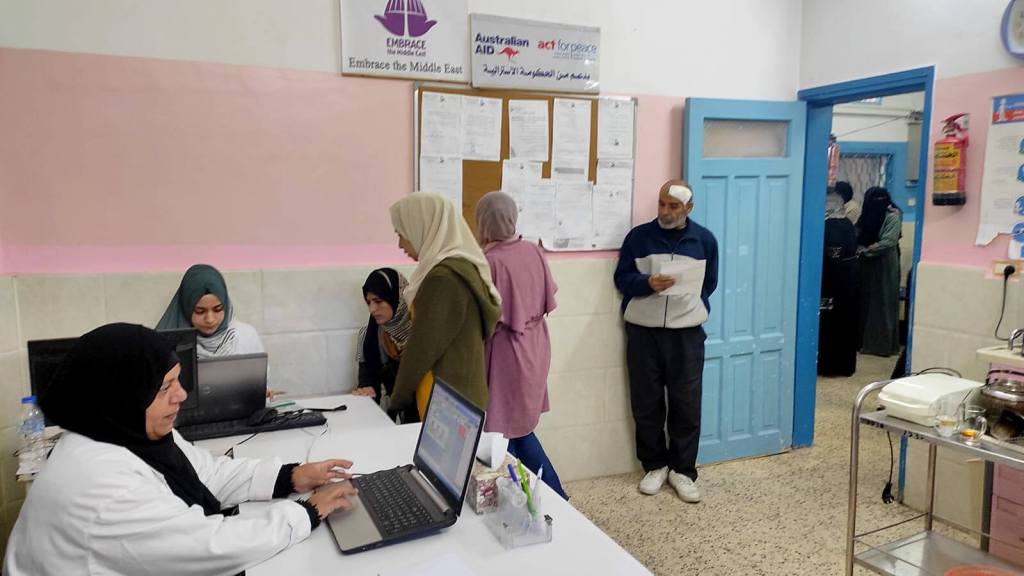
The Princess Basma Centre in Jerusalem, a long-time Advance giving partner of United Methodists that serves disabled children, received several smaller grants. One made it possible for them to develop online learning for their constituency, who, although they are in Jerusalem, met with harassment upon trying to transport their children to the center.
A second grant supported a new program to reach children in Gaza injured by the violence there. With its expertise serving children with limb injuries and other disabling conditions, Princess Basma opened a pediatric satellite, Princess Basma Rehabilitation unit, at Al Ahli Hospital, a sister institution with the Anglican Episcopal Church, Diocese of Jerusalem, in Gaza City.
Late in 2024 Israel began cross-border bombardment in Lebanon, and UMCOR worked with several partners there who were serving communities displaced by the violence, both in Lebanon and Jordan. These partners included UPA, DSPR and ACT Alliance.
West Bank and East Jerusalem support
Palestinians in other parts of Israel-Palestine outside Gaza have also been targets of violence and harassment. As noted by Fernandes, “In East Jerusalem and the West Bank, Palestinians continue to face mounting violence, fear, ongoing detentions and displacement. We urge an immediate end to all violence and displacement.”
In addition to Princess Basma Centre, other long-time ecumenical partners are receiving grants to continue serving their Palestinian communities. UMCOR has provided support for specific projects at Wi’am Palestinian Conflict Transformation Center in Bethlehem, Four Homes of Mercy in Jerusalem, Hope School in Beit Jala, the Shepherd Society in Bethlehem and the Arab Orthodox Benevolent Society in Beit Jala, which gave medical support to people who could no longer afford their medications or who needed surgery.
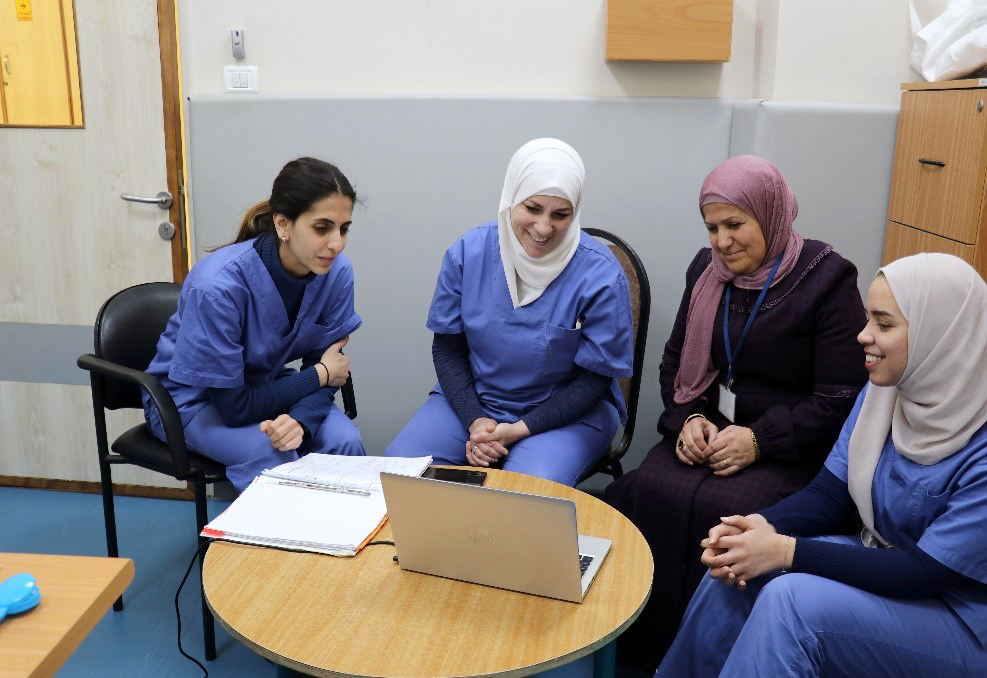
Beit Jala, in the West Bank, has had its borders closed because of its close proximity to Jerusalem. Violence breaks out at these check-points and a father of a student was shot while trying to cross to pick up his child. Hope Secondary School has remained closed since then, but a grant from UMCOR helped the school purchase tablets for students whose families could not afford them and laptops for teachers to teach remotely. With that, 100% of the student body was able to continue learning remotely.
As the conflict continues, many Palestinian families have lost their livelihoods and can no longer pay tuition fees, so a second UMCOR grant has helped families to make payments and keep their children in school.
“Through our partners in the region and the United Nations, we will continue to support our brothers and sisters in Gaza and other Palestinian communities as they seek to rebuild their lives,” General Secretary Fernandes affirmed. “And in our commitment to justice, freedom and peace for all of God’s children, we will continue to pray and act for accountability, reconciliation and a lasting stability throughout the Middle East.”
Christie R. House is a consultant writer and editor with Global Ministries and UMCOR.
UMCOR work with refugees and people displaced by war
The United Methodist Committee on Relief (UMCOR)
Founded in 1940 to care for refugees and displaced communities of WW II, the United Methodist Committee on Relief (UMCOR) is the global humanitarian relief and development agency of The United Methodist Church. A part of Global Ministries, UMCOR works in more than 80 countries worldwide, including the United States and its territories. Working in the areas of disaster response and recovery and migration, UMCOR responds to natural or civil disasters that are interruptions of such magnitude that they overwhelm a community’s ability to recover on its own. Learn more about Global Ministries by visiting www.umcmission.org or follow us on social media.
